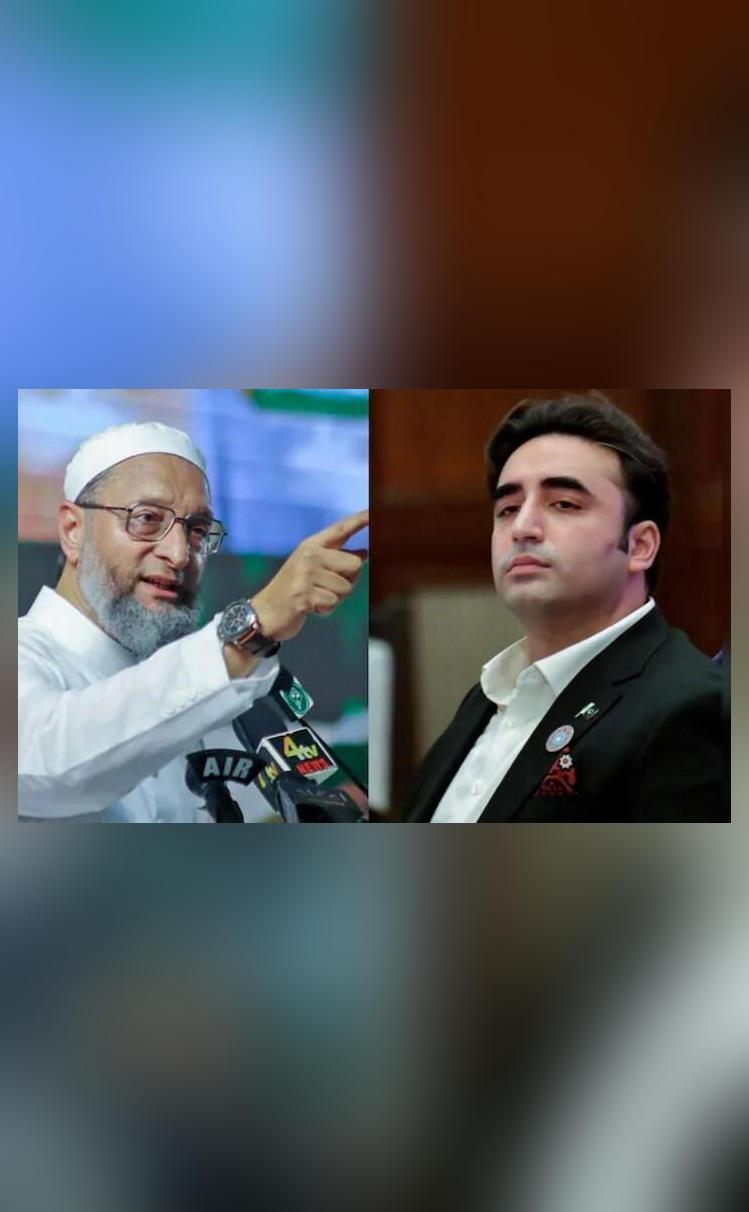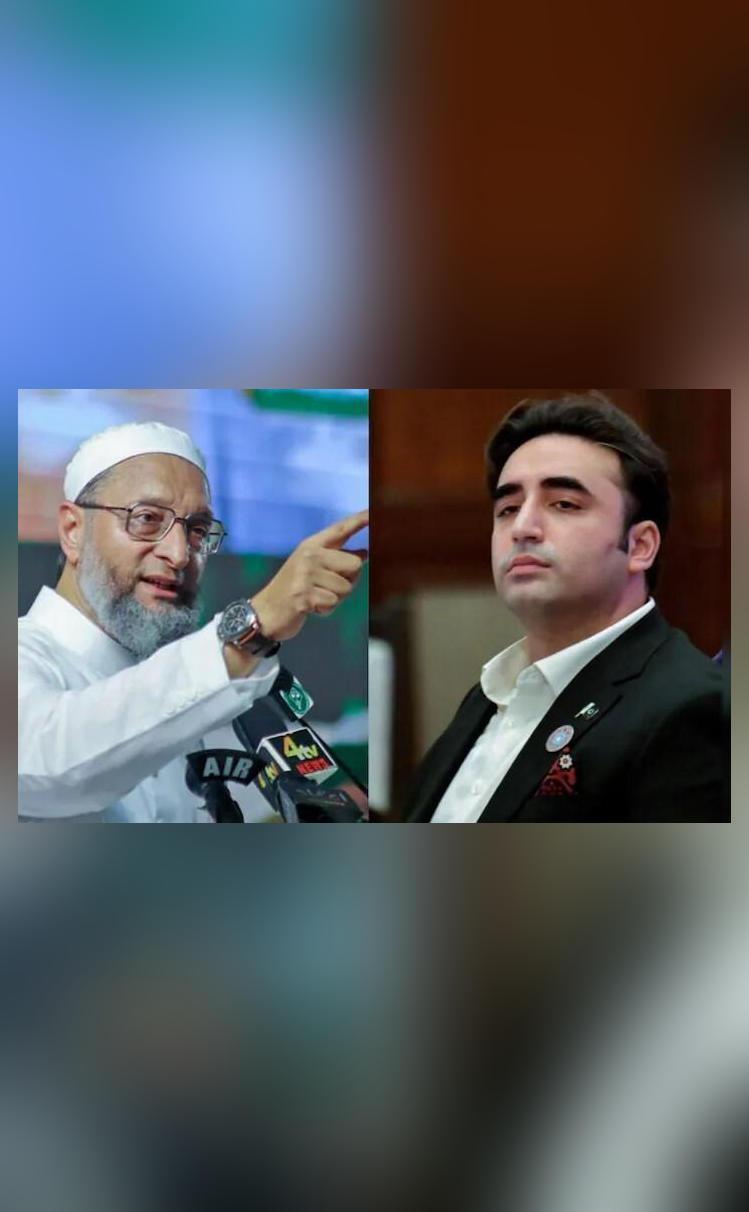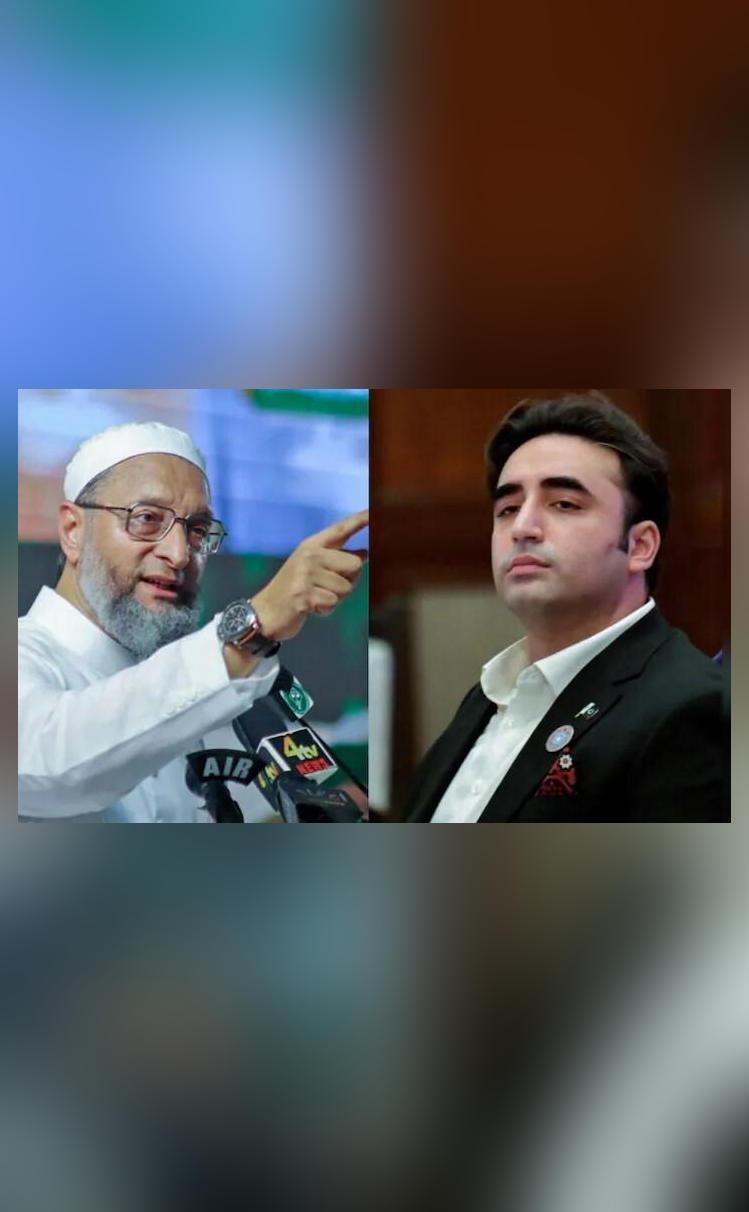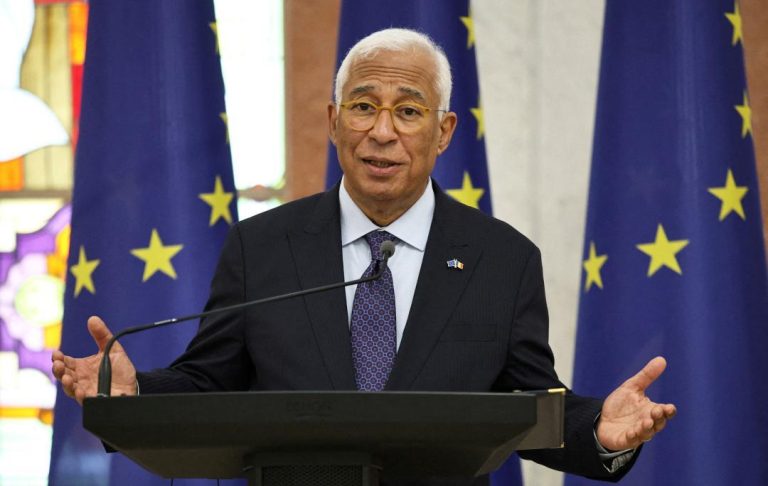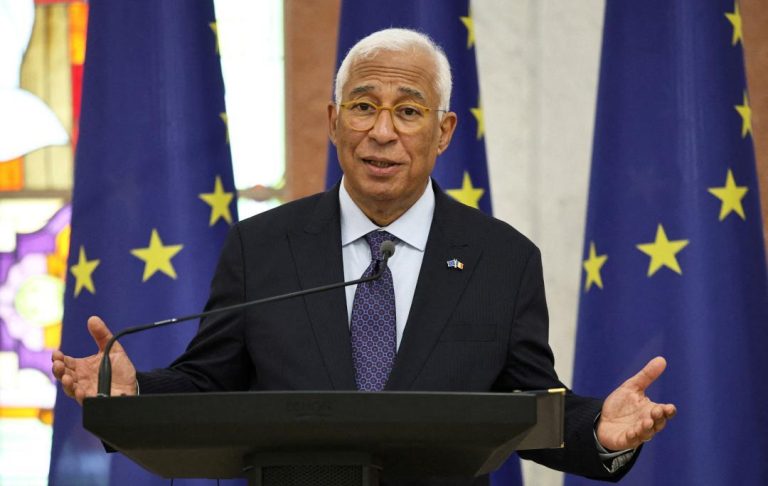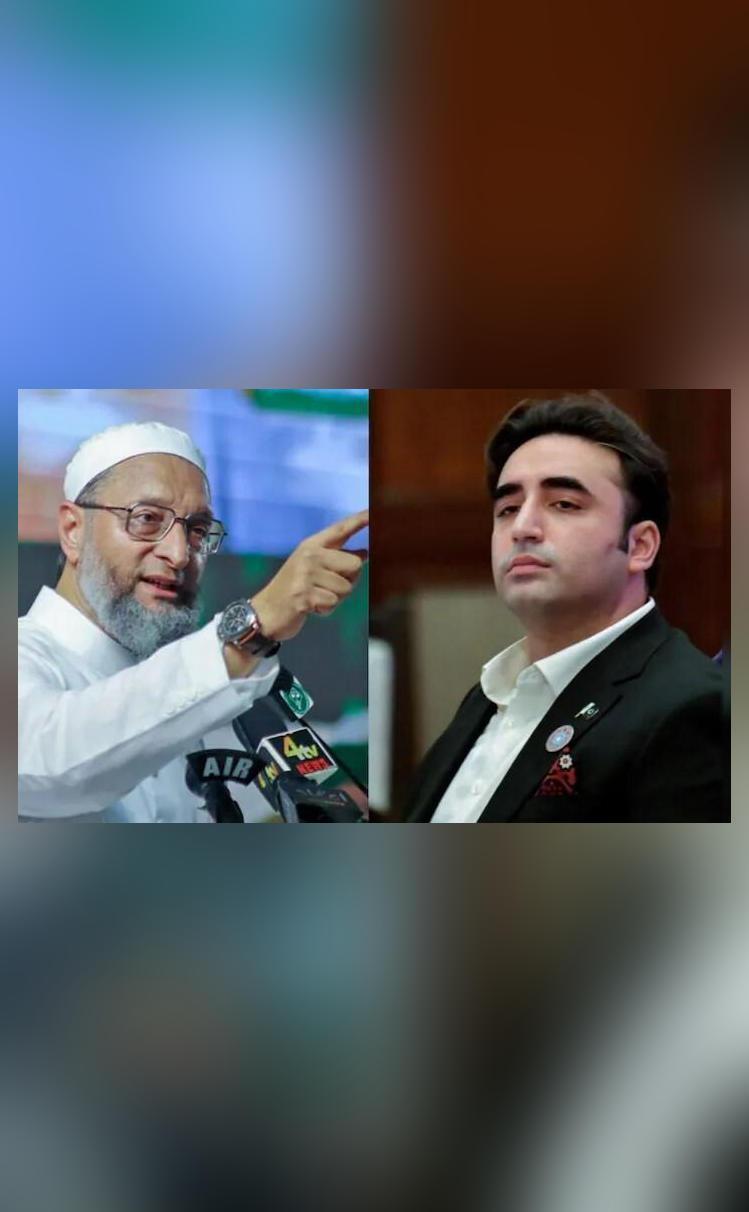
You Can’t Run Pakistan Without US Help & You’re Trying to Stare Us Down: Owaisi to Bhutto
In a scathing attack on Pakistani politician Bilawal Bhutto, AIMIM chief Asaduddin Owaisi recently drew attention to the stark reality of Pakistan’s dependence on foreign aid, particularly from the United States. In a strongly worded statement, Owaisi took Bhutto to task for making provocative remarks about India, while conveniently overlooking the country’s own vulnerabilities.
The controversy began when Bhutto, the Chairman of the Pakistan Peoples Party, made a fiery statement in response to the recent Pahalgam attack in Kashmir, which left several people dead. “Indus is ours…either our water will flow…or their blood,” Bhutto said, threatening to disrupt India’s water supply from the Indus River. The statement was met with widespread condemnation from Indian leaders and pundits, who saw it as a reckless and irresponsible threat.
Owaisi, never one to shy away from controversy, responded to Bhutto’s remarks by pointing out the harsh realities of Pakistan’s economic situation. “Unless US gives you something, you cannot run the country and you’re trying to stare us down,” Owaisi said, his words dripping with sarcasm. “Terrorism killed [his mother]…If he doesn’t get that, what will you explain to him?”
It’s difficult to argue with Owaisi’s assessment. Pakistan has long been dependent on foreign aid, particularly from the United States, to prop up its economy. The country’s military is also heavily reliant on US assistance, with billions of dollars in aid flowing into Pakistan each year. In fact, according to a report by the Congressional Research Service, the United States has provided Pakistan with over $33 billion in aid since 2002.
Despite this, Pakistan’s economy continues to struggle, with high levels of inflation, unemployment, and corruption plaguing the country. The country’s foreign exchange reserves are also critically low, leaving it vulnerable to economic shocks.
Owaisi’s comments are a stark reminder that Pakistan’s bluster and bravado, particularly when it comes to its relations with India, is often driven by a desperate need for international legitimacy and financial support. The country’s leaders, including Bhutto, are well aware that their country’s economic and strategic vulnerabilities leave it beholden to the whims of foreign powers.
But Owaisi’s criticism of Bhutto’s remarks went beyond just the economic realities of Pakistan’s situation. He also called out Bhutto for his hypocrisy, pointing out that Pakistan’s own record on human rights and terrorism is far from spotless. “Terrorism killed [his mother]…If he doesn’t get that, what will you explain to him?” Owaisi asked, a clear reference to the assassination of Bhutto’s mother, Benazir Bhutto, in 2007.
The assassination of Benazir Bhutto was a tragic event that sent shockwaves around the world. But it was also a reminder of the deep-seated political divisions and instability that have plagued Pakistan for decades. Rather than using this tragedy to fuel further animosity towards India, Bhutto’s remarks were seen by many as a cynical attempt to distract attention from his country’s own problems.
In conclusion, Owaisi’s comments to Bhutto serve as a stark reminder of the harsh realities of Pakistan’s situation. While Pakistan’s leaders may try to project an image of strength and defiance, the truth is that the country is deeply dependent on foreign aid and support. And as long as this remains the case, it’s unlikely that Pakistan will be able to “run” its country without the help of its international allies.
